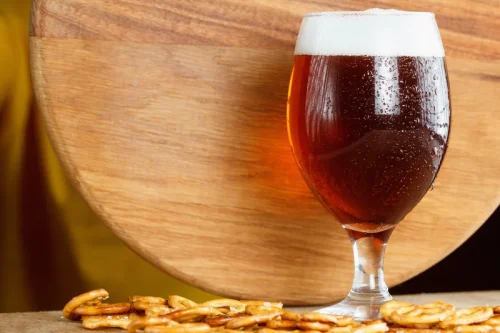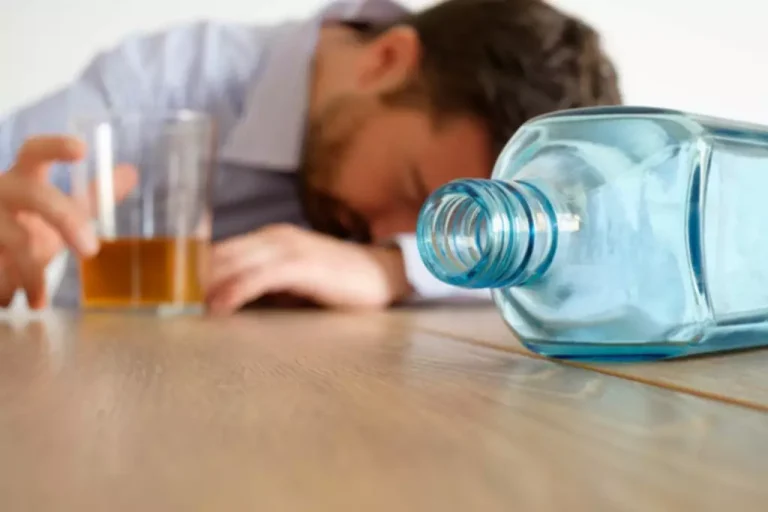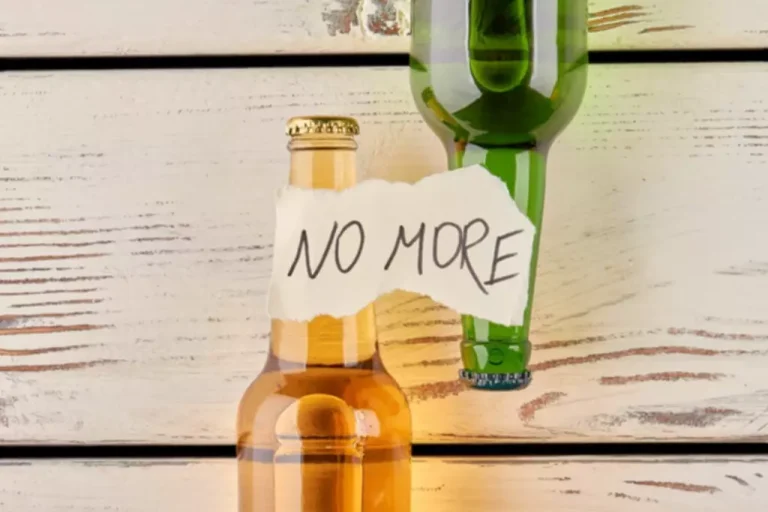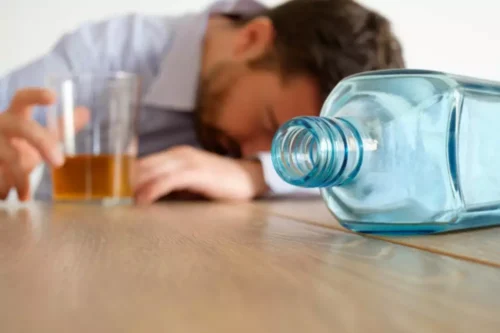
Therapists may use exposure therapy to gradually reduce anxiety responses to alcohol-related triggers. Stopping heavy alcohol use can lead to withdrawal, which often involves heightened anxiety and panic attacks. As the body adjusts to functioning without alcohol, the nervous system becomes overactive.
- In fact, it’s estimated that 20% of people who seek treatment for panic disorders also struggle with alcohol abuse.
- If you suffer from anxiety, wouldn’t it be better to just give it up?
- About 30% of people who experience substance use disorder also experience another mental health condition.
- The combination can lead to an increased risk of panic attacks and crippling anxiety.
- If your brain activity becomes overactive and you aren’t under the dampening effects of alcohol, you may have a panic attack or a seizure from the alcohol abuse.
Are you suffering from alcohol-induced panic attacks?
If you’re drinking more than the UK low risk drinking guidelines (no more than 14 units a week for both men and women) try to cut down. Practice deep breathing, mindfulness, and progressive muscle relaxation. When prescribed by a doctor, medication can also help manage symptoms effectively. Yes, alcohol can contribute to mood disorders like depression and bipolar disorder by disrupting neurotransmitter balance and exacerbating symptoms over time. Alcohol can initially ease anxiety by reducing inhibitions, but it often worsens symptoms long-term, disrupting neurotransmitters and sleep patterns and leading to increased anxiety. In some cases, healthcare professionals would need to prescribe antidepressants or anti-anxiety medications to help manage symptoms.

Conclusion – Anxiety When Drunk
He then had additional training in Addiction Psychiatry through his fellowship at the University of Texas Southwestern Medical Center. He specialized in treating patients with a history of depression, anxiety, trauma, and substance use disorders. At Talkiatry, we specialize in psychiatry, meaning the diagnosis and treatment of mental health conditions. For most patients, Talkiatry treatment is just as effective as in-person https://ecosoberhouse.com/ psychiatry (American Psychiatric Association, 2021), and much more convenient. That said, we don’t currently provide treatment for schizophrenia, primary eating disorder treatment, or Medication Assisted Treatment for substance use disorders.

Maintain Your Reduced Consumption Levels

Checking if you are regularly consuming over the what is alcoholism recommended weekly limit of 14 units is a good start. However, you may want to cut back completely if alcohol is impacting your mental well-being through regular panic attacks. It is not recommended to use alcohol as a coping mechanism to avoid panic attacks and feelings of anxiety, as this can make the initial problem worse in the long term. Risk factors for developing AUD include genetics, environment, and mental health conditions. Co-occurring disorders are common, with many individuals experiencing both AUD and other mental health issues like depression or anxiety. Anxiety disorders are a group of mental health conditions characterized by persistent, excessive worry and fear.
- Social withdrawal is not uncommon, as people may isolate themselves to manage their symptoms.
- Severe withdrawal can cause hallucinations or seizures in some cases.
- Addiction Resource is not a healthcare provider, nor does it claim to offer sound medical advice to anyone.
- If you experience panic attacks or debilitating anxiety after drinking, consult a medical professional or trained therapist.
In addition to quitting alcohol, you will likely need medical intervention in the form of medication, cognitive behavioral therapy, or both. When you drink heavily on a regular basis, you are subjecting your brain and body to this cycle repeatedly. Before we proceed, let’s establish what panic attacks even are and how they are related to anxiety. So, while it’s busy processing the alcohol, your liver isn’t able to release glucose into your bloodstream like it normally would. In the first minutes, it makes you feel calm and relaxed, even euphoric.

Tips to change your relationship with alcohol
They include generalized anxiety disorder, social anxiety disorder, and specific phobias. The central nervous system is affected because in order for the body to fight off the sedative effects of alcohol it puts alcohol induced panic attack the body into a state of hyperactivity in order to counteract this effect. This hyperactivity can lead to shaking, light/sound sensitivity, and sleep deprivation. After alcohol adrenaline can also increase, another stress hormone.
- Eventually, when you don’t drink alcohol, you may also suffer from panic attacks even more often than you did before drinking, especially if you drink every day or to numb your anxiety.
- People drink for many reasons, and stress and anxiety are common.
- They monitored 102 men and women who were regular drinkers during a month of no drinking.
- What I didn’t know at the time was the extent to which my drinking was triggering all of it.
- If a person regularly drinks to the point where alcohol panic attacks are the norm, it is a sign of addiction.
